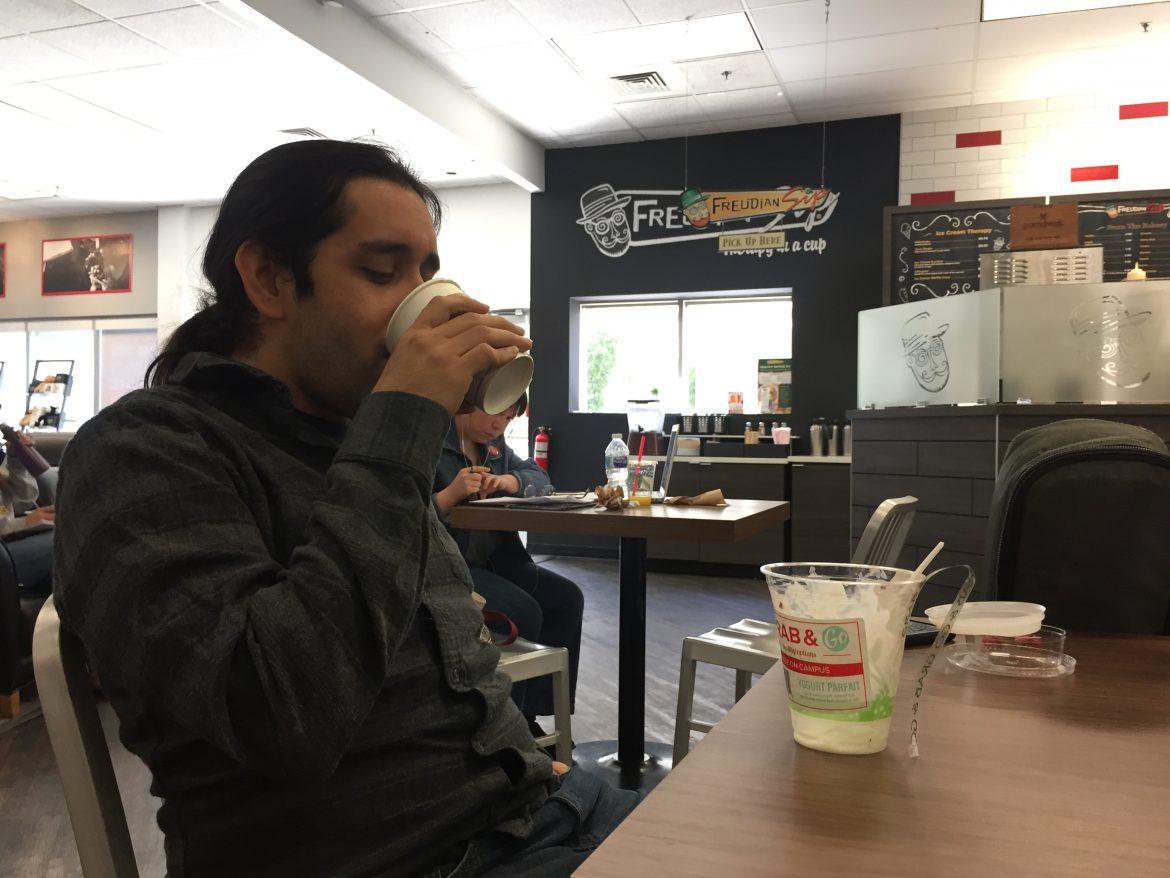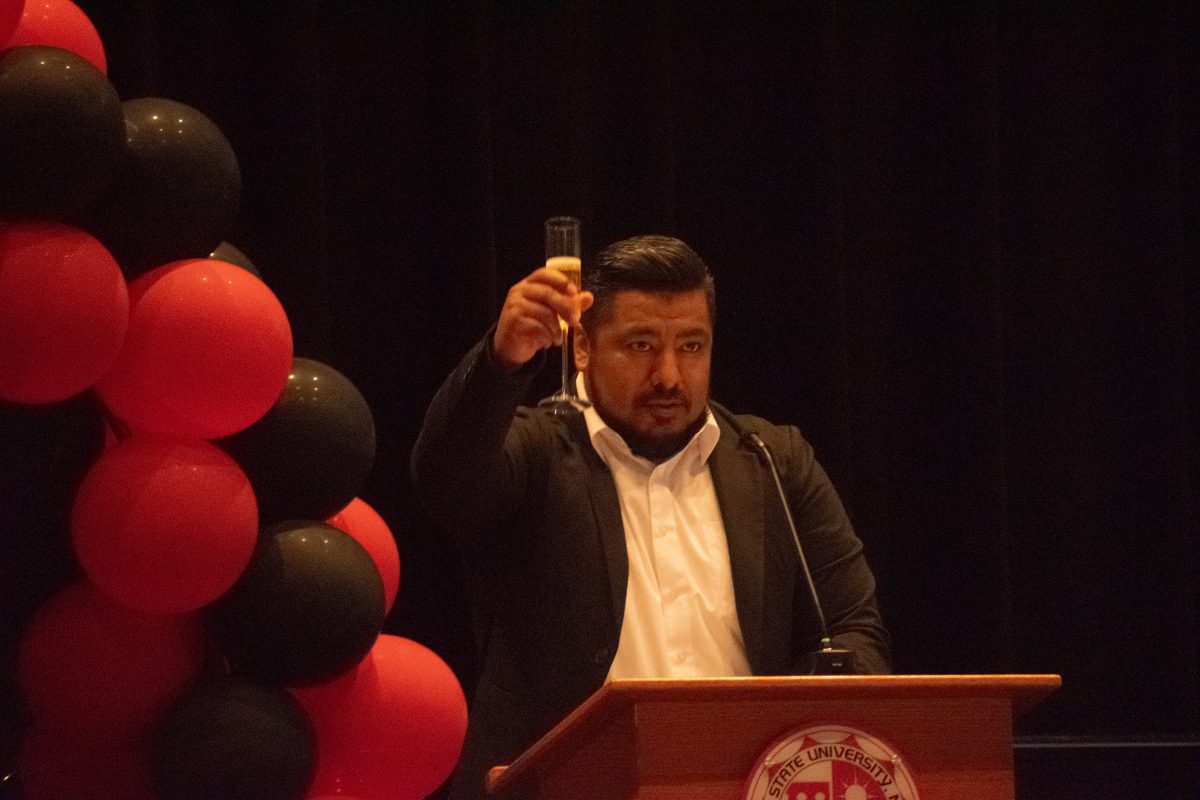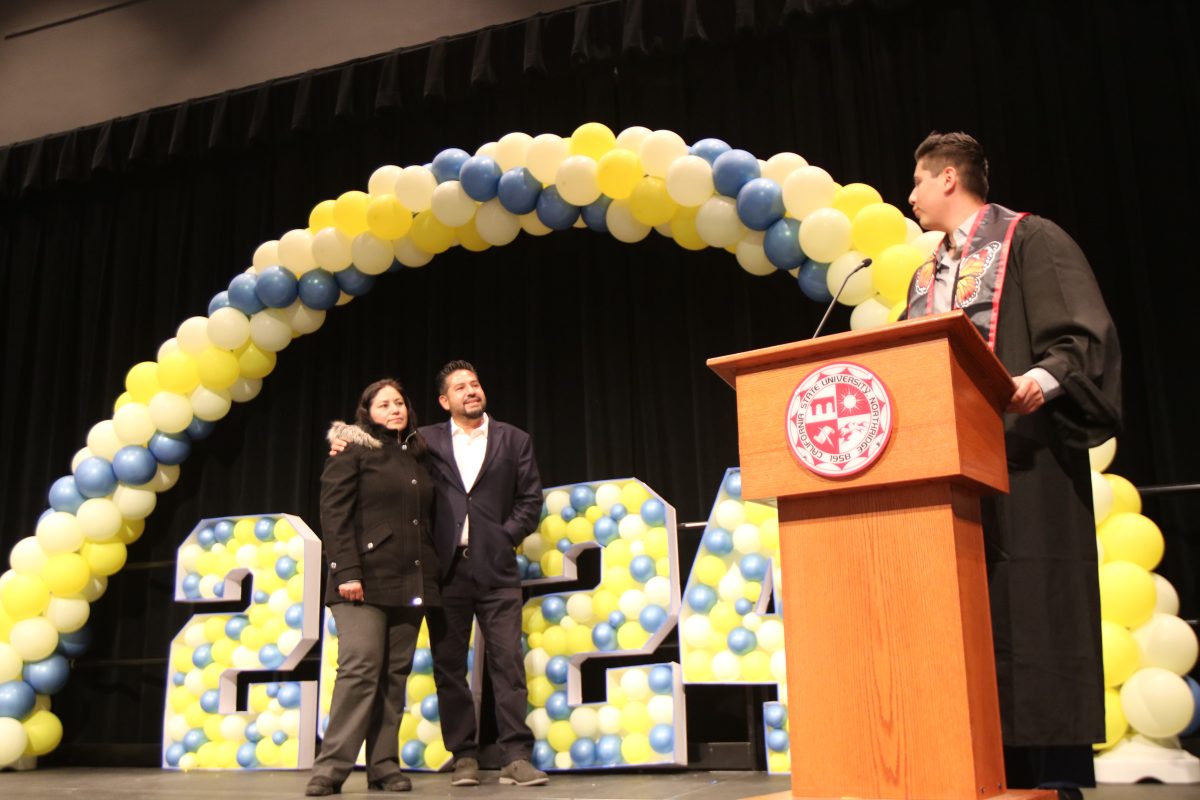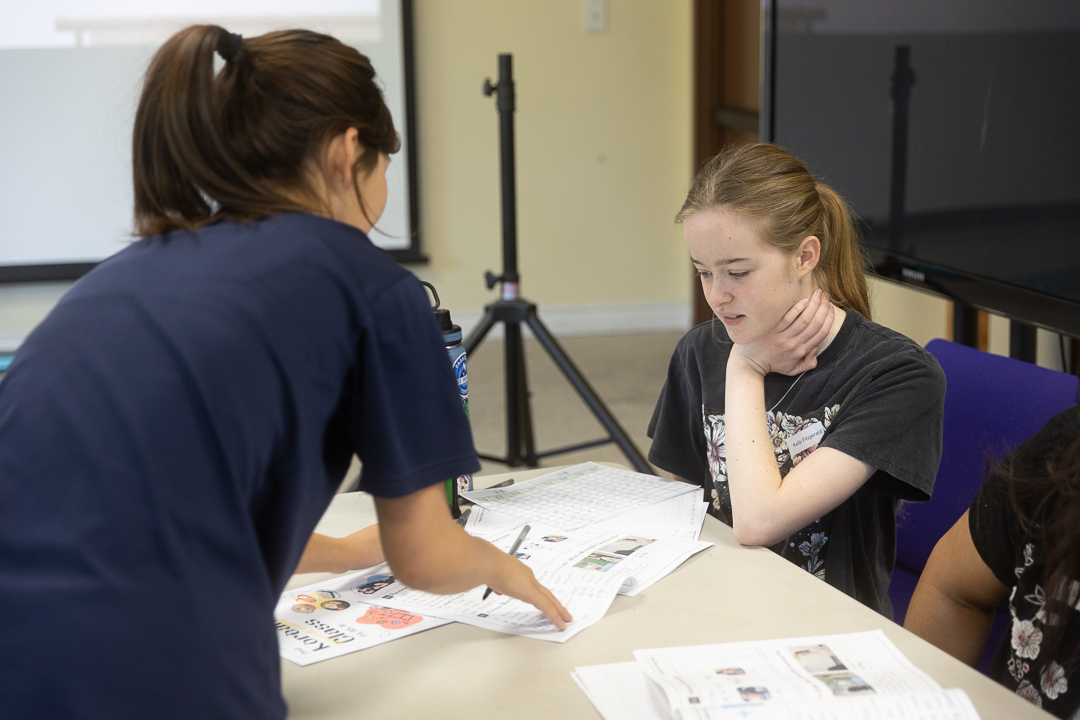A California superior court judge has ruled that the coffee giant Starbucks and around 90 additional coffee vendors failed to comply with conditions set forth by Prop 65, formally known as The Safe Drinking Water and Toxic Enforcement Act of 1986.
The decision places blame on the coffee vendors for not displaying signage to consumers warning them of the potential exposure to hazardous chemicals in coffee, namely Acrylamide, a natural byproduct of the bean roasting process.
In the decision published on March 28, 2018, Judge Elihu Berle stated that “Defendants failed to satisfy their burden of proving by preponderance of evidence that consumption of coffee confers a benefit to human health.”
Prop 65 was approved in 1986 by 63 percent of California voters and was set in place to protect sources of drinking water and general consumer goods from chemicals known to cause cancer, birth defects, or other reproductive harm.
The two conditions of the act stipulate that California businesses may not knowingly discharge chemicals, deemed harmful by the state, into drinking water sources or on land where they can transfer into a water source. The other stipulation prohibits California businesses from knowingly exposing consumers to these harmful chemicals without clear and reasonable warning.
The act has been the subject of persistent controversy due to the burden of proof it places on the defendant, asking businesses to foot the bill for research to disprove allegations made against their product or practices.
The University Corporation (TUC), which manages all Freudian Sip locations on campus, is not threatened by the recent decision.
“I think the impact will be minimal based on the fact that the science does not support the claim,” Michael Lennon, TUC associate director of campus dining said.
Lennon points to an article put out by the Chicago Tribune citing some of the research used to place Acrylamide on California’s official list of harmful chemicals, most of which involved studies using extreme quantities of the substance on rodents.
Some students, like fourth-year psychology major, Melody Lane, is also skeptical of Prop 65 signage and the validity behind them.
“It all depends on where the research comes from,” Lane said.
Other students are taking a more passive approach to the new signage. Some like Fourth-year music major, Alonso Rodriguez, presumes the health benefits negate any harmful effects.
“It’s not like they’re putting anything into it,” Rodriguez said.
Rodrigues recalls sharing a recent quandary with friends:
“What in the world doesn’t cause cancer? Maybe staring at the moon?”
This political climate is serious enough however that many retailers like 7-11 stores have proactively place signage in the wake of reports indicating potential dangers in order to avoid litigation. This might explain the preponderance of signage in California that appears on everything from dinnerware to the entrances of Disneyland amusement park, all aimed to appease the Prop 65 watchdogs.

Freudian Sips will not be displaying signage anytime soon according to TUC.
“…we’re going to wait [until] the court process is finished,” Lennon said.
The claim against Starbucks et. al. was headed by the Council for Education and Research on Toxics (CERT) who are asking for a penalty of $2,500 per person for each exposure since 2002.
The case is pending appeals to the judge’s decision after which it will transition into another phase to determine penalties the defendants must face.










